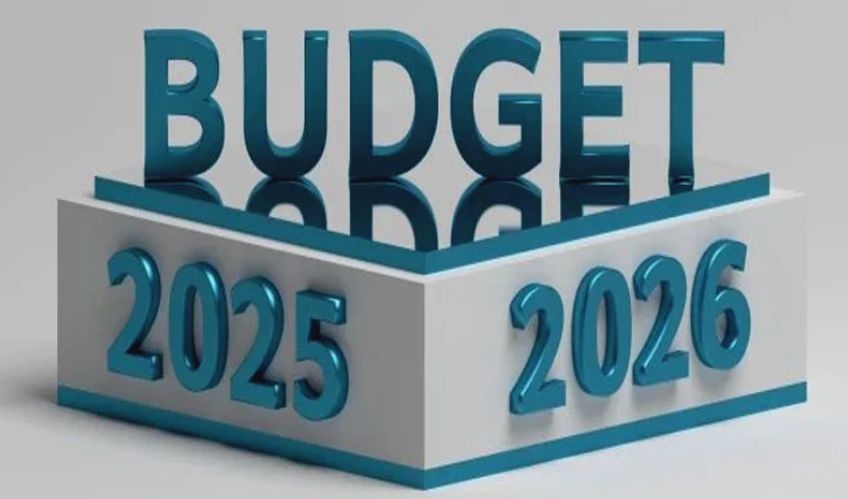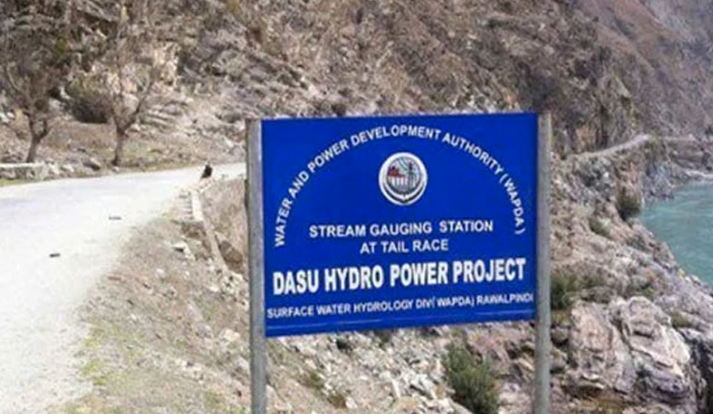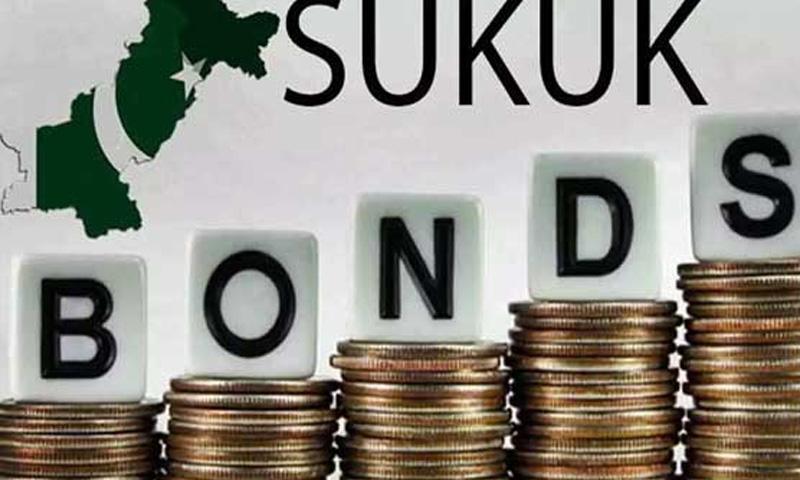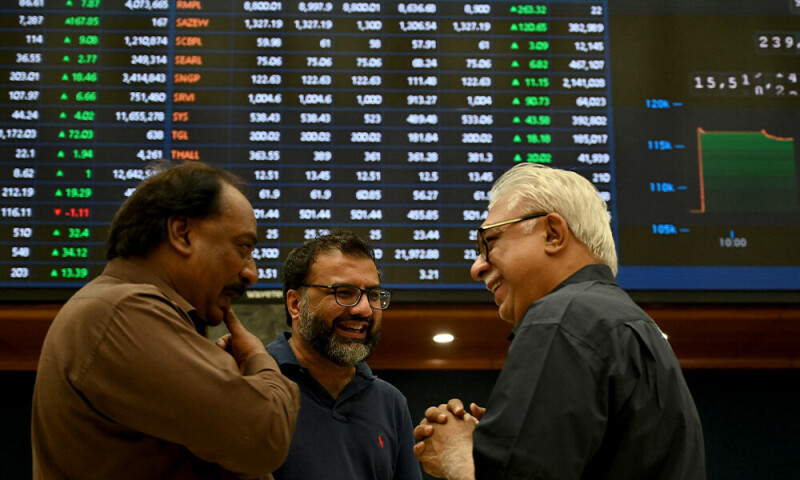TRADE & ECONOMY
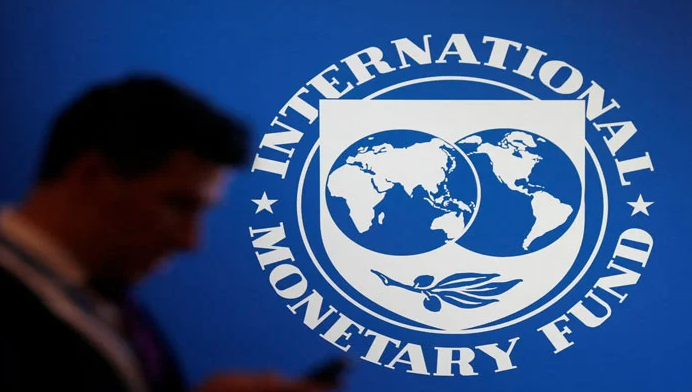
Pakistan and the International Monetary Fund (IMF) have initiated discussions to implement various tax and enforcement strategies aimed at generating an additional Rs700 billion in revenue for the fiscal year 2025-26. These measures are expected to be incorporated into the upcoming federal budget, which will be presented in parliament on June 2.
As part of the negotiations, Pakistan has sought IMF approval for rationalizing tax policies, particularly focusing on the salaried class, the tobacco industry, and the beverage sector. However, the IMF has expressed concerns over proposed reductions in tax rates for middle-income earners, specifically those earning between Rs0.2 million and Rs0.4 million monthly, seeking clarity on how such cuts would impact overall revenue.
The Annual Planning Coordination Committee (APCC) is scheduled to meet on May 26 to finalize recommendations on the macroeconomic framework and development budget, which will then be submitted to the National Economic Council (NEC).
In the tobacco sector, authorities are considering an increase in the Minimum Legal Price (MLP) of cigarettes, currently set at Rs162.25 per pack, since over 80% of cigarette brands are sold at or just above this price. Raising the MLP could enhance revenue without altering the existing Federal Excise Duty (FED) rates.
The Finance Ministry and the Federal Board of Revenue (FBR) have set a revenue collection target of Rs14,307 billion. However, differences remain between the government and the IMF regarding nominal growth estimates, creating a Rs300 billion gap. The government anticipates Rs13,556 billion in nominal growth, while the IMF projects Rs13,200 billion, casting uncertainty over achievable targets.
To bridge this gap, the government will need to enforce additional taxation and enhance monitoring mechanisms. One possible enforcement measure is stricter oversight on the payment of advance tax on green leaf threshing (GLT), relevant to unprocessed tobacco.
The tobacco industry faces significant challenges due to widespread violations of minimum legal pricing, the presence of illicit cigarette brands, and consequent economic and health impacts. Tax evasion through smuggled cigarettes undermines government revenue, which is estimated to be Rs300 billion annually from tobacco taxes.
The health ramifications are severe, with tobacco use causing over 100,000 deaths each year in Pakistan. Youth smoking prevalence is alarming, further exacerbating long-term public health concerns despite tobacco control measures like pictorial health warnings.
Additionally, discussions on tax reductions in the beverage sector have met IMF objections over refund management, as the FBR seeks to avoid generating refunds in any sector.
Meanwhile, an IMF team from Turkey recently conducted virtual meetings to review expenditures by the Balochistan provincial and federal governments. The State Bank of Pakistan reported a current account surplus of $17 million for April, indicating some economic stability.
As Pakistan prepares its budget, the government and IMF will continue negotiations to balance tax reforms, revenue targets, and enforcement for the upcoming fiscal year.
